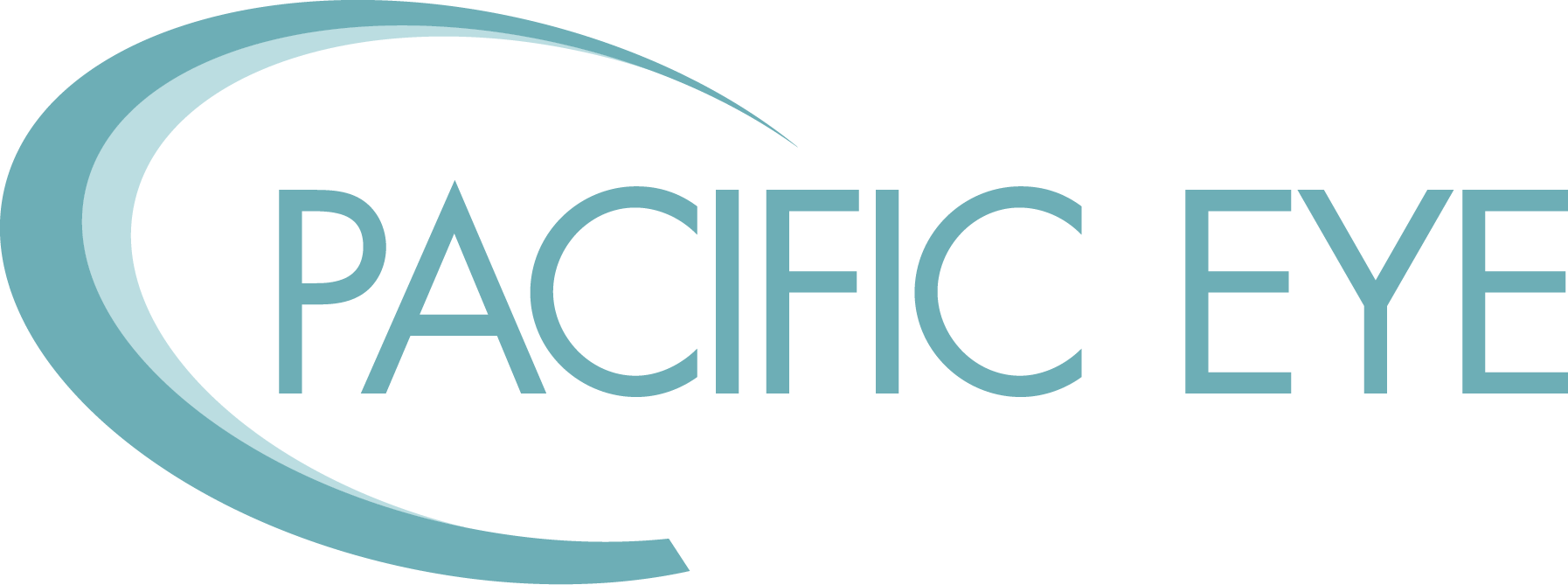
Is it more challenging to read your favorite magazine, text messages on your phone, or maybe a restaurant menu? If you’re over the age of 40, chances are high that your close-up vision isn’t as clear as it used to be.
Presbyopia is an eye condition that affects everyone as the years go by. Over time, your eyes lose the ability to focus on objects that are close to you. It makes your near vision blurry, even when you’re wearing your usual eyeglasses or contacts.
Maybe you’ve caught yourself squinting or holding something farther away from your eyes than usual to try to read it. Continuing with up-close work despite presbyopia can even lead to eyestrain or headaches.
If you think you might be affected by presbyopia, turn to Pacific Eye, which has seven locations in San Luis Obispo and Santa Barbara counties, when you need solutions that fit your lifestyle and improve your vision. We’re here to help you find the right treatment from your presbyopia.
What is the best presbyopia treatment for you?
Presbyopia is a common eye condition that develops as you get older, but that doesn’t mean you have to give up crisp close-up vision. At Pacific Eye, our experts combine comprehensive eye exams with an assessment of your lifestyle and your goals to help you find the presbyopia treatment that’s right for you.
Reading glasses
Reading glasses might be the most well-known treatment for presbyopia. These glasses are available without a prescription, and they come in numerous magnification strengths. Wearing reading glasses when you’re doing close-up work can be effective if presbyopia is the only condition affecting your vision.
Our eye doctors can evaluate your vision to find out which strength of reading glasses is right for your eyes. Once you know how much correction you need, you can choose from a huge range of frame styles, shapes, and colors.
Prescription bifocals
Many people have myopia, hyperopia, or other conditions that affect their vision. If you already wear eyeglasses or contacts, prescription bifocals or trifocals can improve close-up vision while still correcting your other vision problems.
Bifocal lenses correct distance vision when you look through the upper half of the glasses, and improve close-up vision when you look through the bottom portion. Trifocals can also correct middle-distance vision, such as a computer screen.
Multifocal contact lenses are available for people who don’t want to wear glasses. They work in a similar way to eyeglasses, helping you to see clearly at a variety of distances.
LASIK
Laser-assisted in situ keratomileusis (LASIK) is a popular laser surgery that can improve the quality of your vision. It’s effective in treating myopia, hyperopia, astigmatism, and even presbyopia.
With LASIK, an eye surgeon uses laser technology to reshape your cornea. Reshaping it changes the way your eye takes in light, giving you sharper vision without the need for corrective lenses.
Lens implants
A corneal inlay improves close-up vision with a small device placed in your cornea. It’s a minimally invasive surgical procedure that improves the way your eye reflects light to help you see more clearly.
Intraocular lenses, most often used for cataract treatment, can also improve your vision if you have presbyopia. With this surgical procedure, the eye surgeon replaces the natural lens in your eye with an artificial one.
When you notice your close-up vision is declining, it could be presbyopia. Book an appointment with us to find the best in presbyopia treatment. Call the location nearest you or request an appointment using our convenient online booking feature today.







